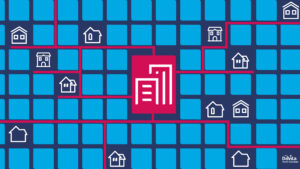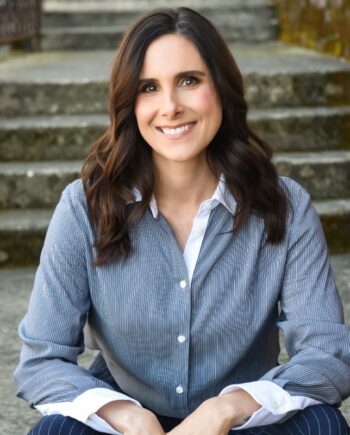
In a study conducted by the RAND Corporation in 2017, researchers found that as of 2014, 42% of Americans had more than one chronic condition and 12% of U.S. adults had five or more chronic conditions.
It also found out that people with chronic conditions spend 14 times more on health services than people with no chronic conditions, and that patients with more chronic conditions have greater difficulties doing daily activities and other social and cognitive functions, thus placing a higher demand on caregivers and the health care system.
How can our health care system help high-risk individuals with multiple chronic diseases? The answer is through personalized care models, such as home-based comprehensive care programs for polychronic patients who often have difficulty accessing or coordinating care within today’s traditional, office-based care delivery system.
These models, however, can be difficult for local provider groups to scale due to the small size of their high-risk population. As we shift from fee-for-service to value-based care models, there is a higher demand for more patient-focused care, and DaVita Health Solutions has presented as an efficient solution.
DaVita Health Solutions’ purpose is to improve the quality of life for what they call our nation’s Most Vulnerable Patients (MVPs), the highest-risk patients who have multiple, interrelated chronic conditions. Using community-based, physician-led care teams, they provide medical, behavioral, social and palliative care to chronically ill patients within their home, while coordinating care across local providers and specialists.
DaVita Health Solutions supports primary care providers by increasing communication across care settings and working collaboratively to help develop patient care plans outside the office setting, and they have the results to prove the effectivity of their home-based care model. They report 91% patient satisfaction, 35-40% fewer hospitalizations, 10-15% fewer emergency room visits, and 15-20% lower cost of care.
In my interview with Hank Schlissberg, President of DaVita Health Solutions, we talked about the importance of taking care of chronically ill patients at home. He said that house calls are a highly logical approach to care for the highest-risk, most chronically ill, and that it has been going on for hundreds of years. However, he also acknowledged that it was hard logistically and financially.
Their solution? Improve patient engagement. Hank said, “We’ve been spending a lot of time lately thinking about patient engagement. How do you build trust with consumers? What is the best thinking from the field of behavioral economics and data science to fundamentally rethink patient engagement? We have to move from a world where good is 40 percent engagement in some disease management program to a world where 80 or 90 percent of the patients that we’re accountable for are actively engaged with us and taking a hand in their health.”
“When we think about a comparison around trust, engagement and being in the home, it is Airbnb. Here’s a business where I can sleep in someone else’s bed, I can shower in their shower and somehow both sides have convinced themselves that’s completely normal. I think we’ve got to get to that point in health care where we can break down some of those barriers the way people in other industries have.”
“One of the most advanced ways we are using technology is in the field of data science predictive analytics and artificial intelligence.” He said, “We now have such advanced predictive algorithms that we can accurately predict not just hospitalizations or readmissions like a lot of people do, but we can actually predict future disease-related cost. It’s a lot more helpful to know that a diabetic will have diabetes-related cost or kidney-related cost or heart failure-related costs because now we know who and how and when to intervene.”
DaVita Health Solutions is successfully scaling its “house calls” program, improving outcomes, and curbing costs for patients and the health care ecosystem. In order for the paradigm shift from fee-for-service to value-based care to happen successfully, it is critical that providers continue to bring innovative, new care models to market that address the challenges faced by our nation’s MVPs.
According to the 2020 Centers for Disease Control and Prevention report, roughly 34.2 million Americans have diabetes,...
Read MoreAs a farmer, Rod was used to long days. He worked 18 hours a day, 7 days...
Read MoreWith investors receiving hundreds of pitch decks every year, how do you create a compelling presentation that...
Read More
Brittany Busse Co-Founder, President, and Chief Medical Officer at
ViTelHealth


Stephen Thorne Founder and CEO at
Pacific Dental Services

Keith Carlson Nurse Career Coach